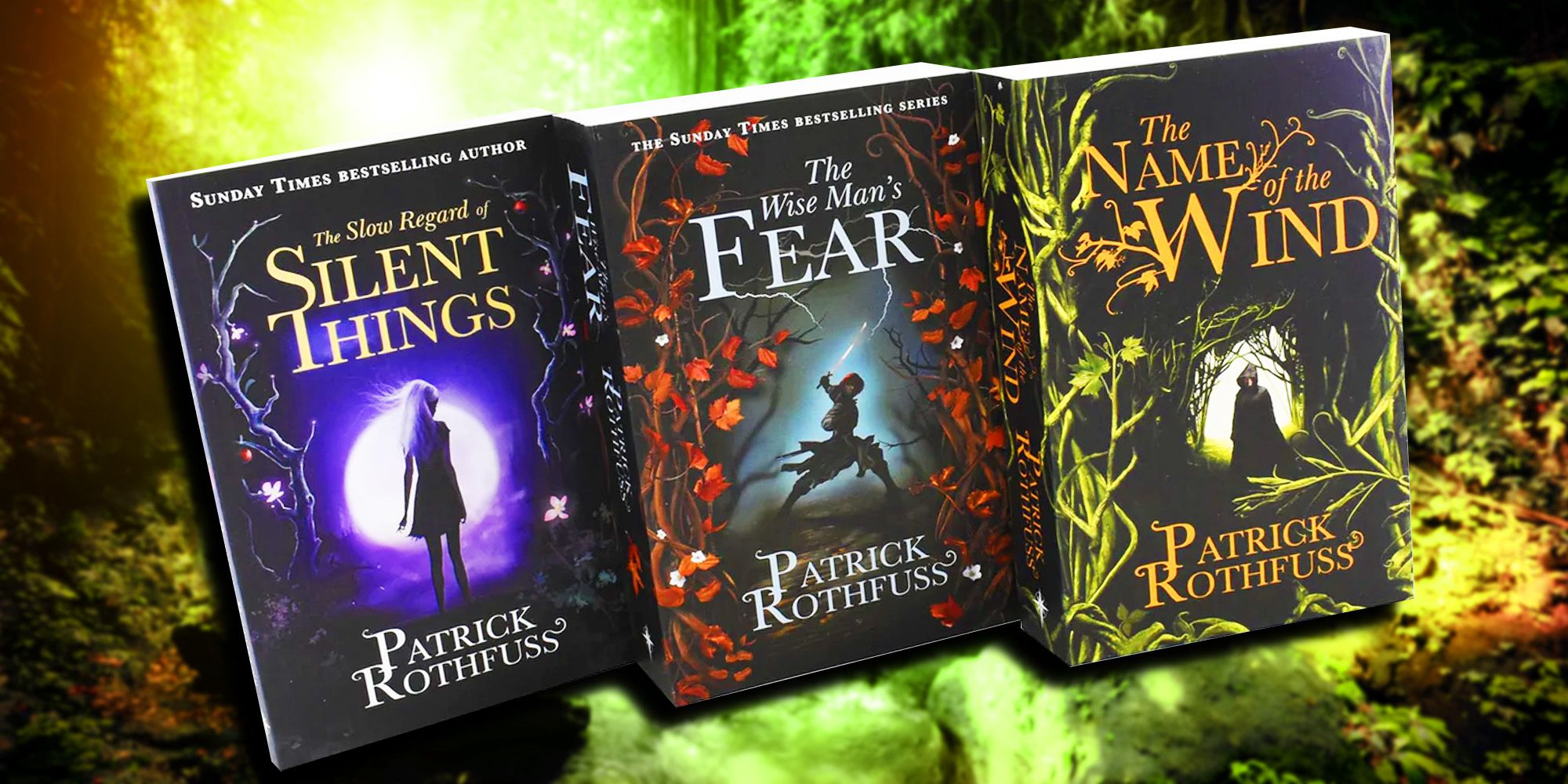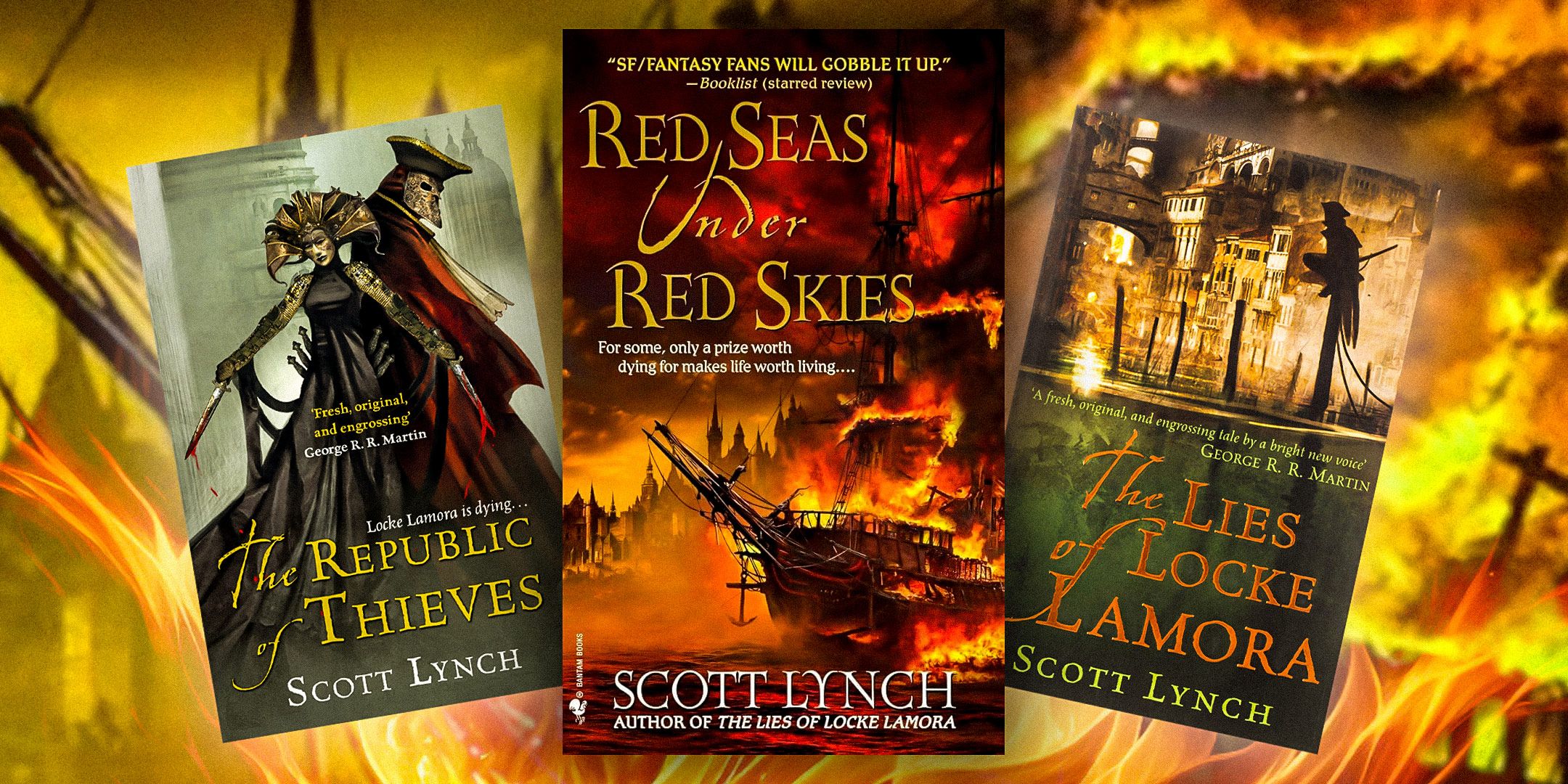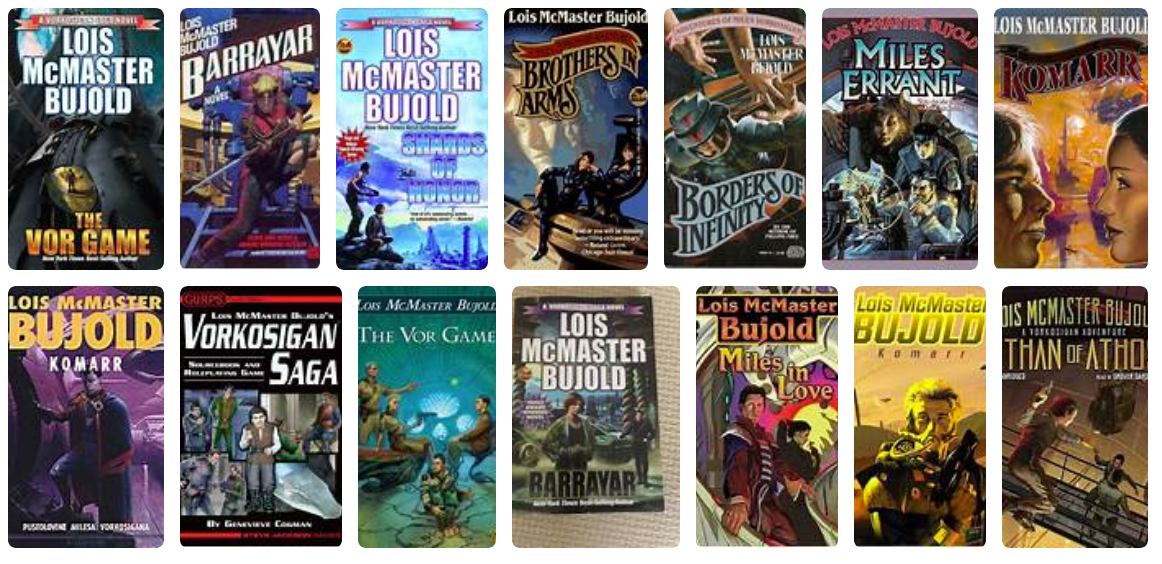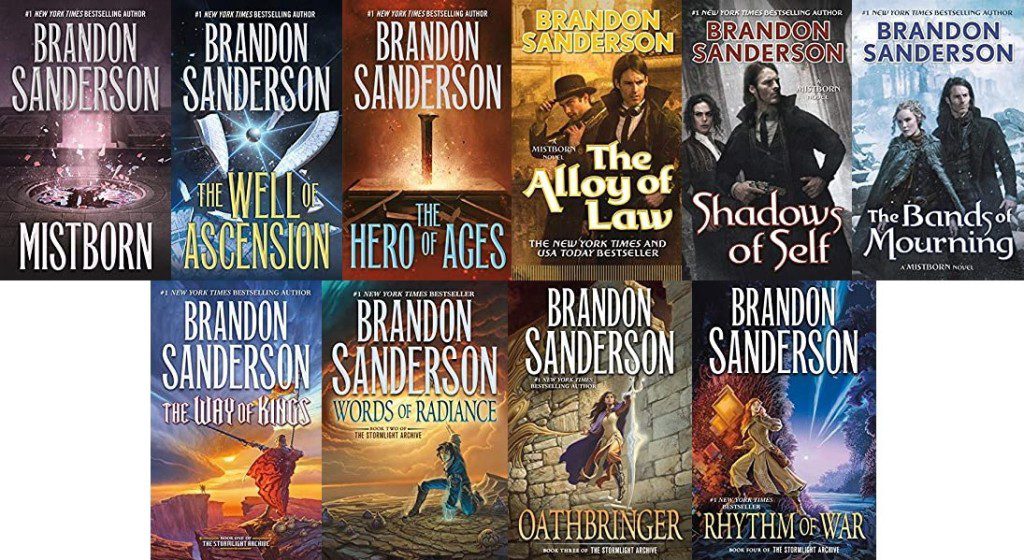Thursday, June 19, 2025
Wednesday, February 19, 2025
Book Series worth reading
I feel like there used to be a lot more books series that I loved, where I would wait for the next book, and basically consider it an auto buy.
These days the list is a lot shorter, so I did some goodreads research on my last 6 years of reading, and put together some lists.
Series that were great but the next book may never come (Just saying).
- The Kingkiller Chronicle - Rothfuss
- A Song of Ice and Fire - Martin
- Gentleman Bastard - Lynch
Series that were great but have now completed, or the author died, and I still reread.
- Discworld - Pratchett
- Culture - Banks
- Vorkosigan Saga - Bujold
- Hyperion Cantos - Simmons
- Aubrey & Maturin - O'Brien
Series that are great and I buy the next book when it comes out:
- The Tyrant Philosophers - Tcahikovsky
- Stormlight / Mistborn - Sanderson
- Jackpot - Gibson
- Penric and Desdemona - Bujold
Tuesday, January 07, 2025
Conservatism
"There must be in-groups whom the law protects but does not bind, alongside out-groups whom the law binds but does not protect."
I then discovered that the originator of this quote was often misattributed, which led me to the original quote (from a Frank Wilhoit) in a blog post. The broader comment was very interesting, particularly the implication:
"The core proposition of anti-conservatism requires no supplementation and no exegesis"..."The law cannot protect anyone unless it binds everyone; and it cannot bind anyone unless it protects everyone."
So...
I then wanted to keep a copy of all of this for reference, so created this article, including the entire text from the blog comment: (I've corrected some minor typos):
There is no such thing as liberalism — or progressivism, etc.
There is only conservatism. No other political philosophy actually exists; by the political analogue of Gresham’s Law, conservatism has driven every other idea out of circulation.
There might be, and should be, anti-conservatism; but it does not yet exist. What would it be? In order to answer that question, it is necessary and sufficient to characterize conservatism. Fortunately, this can be done very concisely.
Conservatism consists of exactly one proposition, to wit:
There must be in-groups whom the law protects but does not bind, alongside out-groups whom the law binds but does not protect.
There is nothing more or else to it, and there never has been, in any place or time.
For millennia, conservatism had no name, because no other model of polity had ever been proposed. “The king can do no wrong.” In practice, this immunity was always extended to the king’s friends, however fungible a group they might have been. Today, we still have the king’s friends even where there is no king (dictator, etc.). Another way to look at this is that the king is a faction, rather than an individual.
As the core proposition of conservatism is indefensible if stated baldly, it has always been surrounded by an elaborate backwash of pseudo-philosophy, amounting over time to millions of pages. All such is axiomatically dishonest and undeserving of serious scrutiny. Today, the accelerating de-education of humanity has reached a point where the market for pseudo-philosophy is vanishing; it is, as The Kids Say These Days, tl;dr . All that is left is the core proposition itself — backed up, no longer by misdirection and sophistry, but by violence.
So this tells us what anti-conservatism must be: the proposition that the law cannot protect anyone unless it binds everyone, and cannot bind anyone unless it protects everyone.
Then the appearance arises that the task is to map “liberalism”, or “progressivism”, or “socialism”, or whateverthefuckkindofstupidnoise-ism, onto the core proposition of anti-conservatism.
No, it ain’t. The task is to throw all those things on the exact same burn pile as the collected works of all the apologists for conservatism, and start fresh. The core proposition of anti-conservatism requires no supplementation and no exegesis. It is as sufficient as it is necessary. What you see is what you get:
The law cannot protect anyone unless it binds everyone; and it cannot bind anyone unless it protects everyone.









